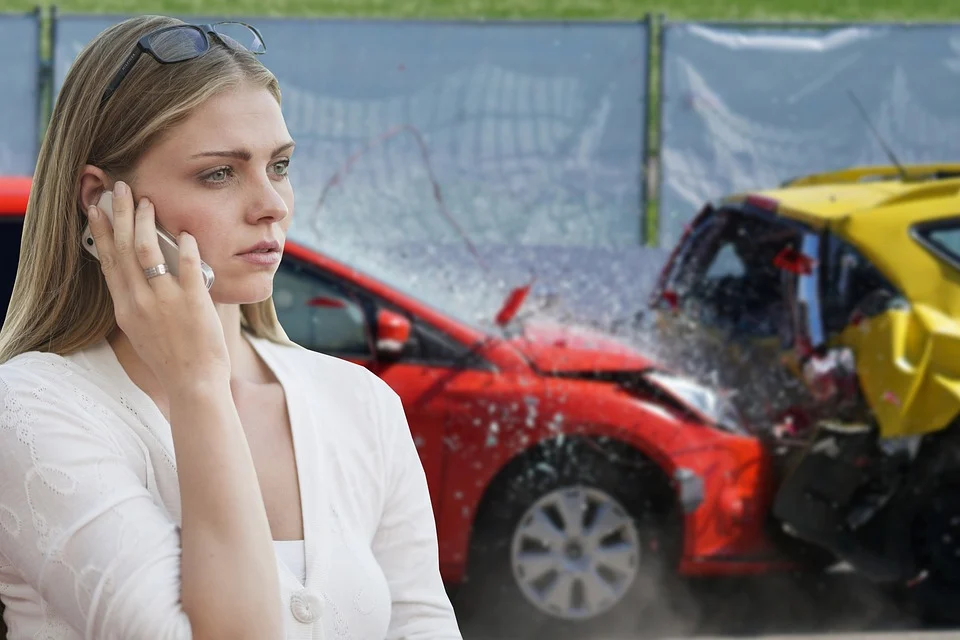After suffering injuries in an accident, the priority is usually getting medical help. After you get to the hospital and all apparent health concerns are addressed, the second thing to do should be to seek compensation for damages if another person caused the accident that left you with injuries.
But before receiving the compensation, you must prove that the other party is liable for damages, which is usually easier said than done.
Filing a Claim After a Car Accident in a Big City Like Tampa
After an accident, your financial situation can change dramatically due to hospital bills and losing your ability to make a living. If another road user was at fault in the accident, you could get some relief by filing for compensation from the at-fault party.
Proving liability in a car accident is not always straightforward, so it is important to work with a lawyer. When choosing personal injury lawyers to litigate your case, you may want to consider a few things, such as their geographical location and specialization.
For example, if the accident happened in Tampa, you will need to work with a local personal injury attorney specializing in car accidents. Local lawyers are often well-versed in the local claim or lawsuit procedures and are familiar with the local judicial staff.
How is Liability Determined
Liability is always on the driver or the party whose actions led to the accident. While it may sound easy on paper, it is not always so easy.
Below are various ways through which liability is determined after a car accident.
The Police Report
The first thing the police will do at an accident scene is scene documentation. Scene documentation can involve taking photographs, interviewing witnesses, if the at-fault driver has a driver’s license, checking for DUI, and any evidence that may be relevant to the accident. The police may also collect the accounts of the persons involved in the incident if they are in a position to give one.
If you can, it is important to give a detailed account of the accident. The police then make a detailed report that can be accessed through their website or the local law enforcement offices by any party interested in the report after a few weeks.
Insurance Adjusters
After an accident, both parties will likely file a report with their respective insurers, especially if that is one of the policyholder’s requirements. So both insurance companies will have adjusters looking into the accident.
When determining liability, car insurance adjusters will look at several factors, including the police report. They may also want to collect witness statements. Where liability is apparent, the at-fault party’s insurer may choose to concede and offer to settle out of court.
At other times, both parties could be liable for the accident, so adjusters would have to determine which party is more at fault to assign liability based on the percentage of fault.
Adjusters can also look into the possibility of third-party liability, such as a faulty vehicle part manufacturer or a government entity, if the accident results from poor road maintenance and construction.
Expert Witnesses
Where there are disputes about liability, your attorney or the at-fault party’s attorney could enlist the help of an expert witness to prove liability. Expert witnesses have expert knowledge on a subject, such as car accidents.
They testify on the technical aspects of car accidents to prove fault in court. Depending on how convincing they are, they could help sway the jury to rule in your favor.
To have an expert witness testify in court, you must provide documentation proving they are an expert on the subject matter. Your attorney will also need to make a reasonable request to the court for the expert witness to be called.







